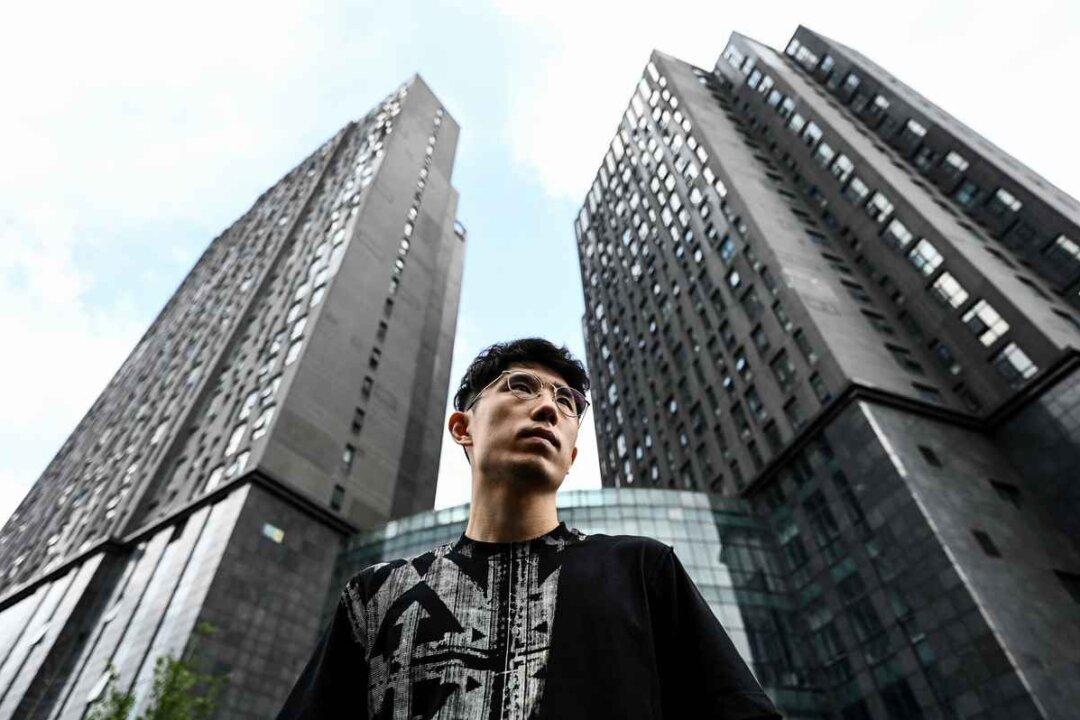It is obvious that China’s economy continues to decline and market demand is weak.
The Manufacturing PMI (Purchasing Managers’ Index) released by the National Bureau of Statistics (NBS) recorded 49.2 in October, down 0.9 percentage points, contracting again; the Services Business Activity Index and the Composite PMI Output Index both plunged 1.9 percentage points, recording 47.0 and 49.0 respectively, both are the lowest since June.






